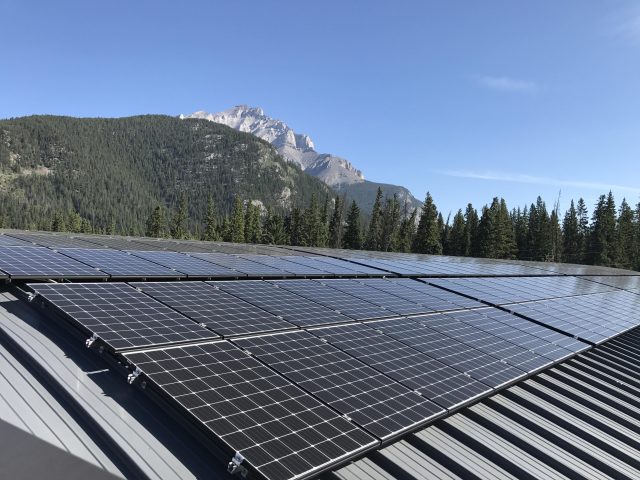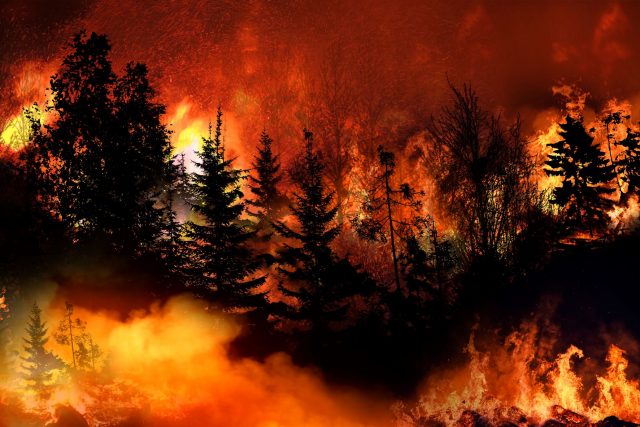Alberta led the Renewable Energy growth in 2021
The Canadian Renewable Energy Association kicked off 2022 on a positive note with their announcement that Canada’s wind and solar energy sectors added nearly one gigawatt of new generation capacity in 2021 – the largest buildout since 205. Alberta led this growth by a significant margin, accounting for 60% of new installed capacity, while Saskatchewan accounted for another 20%.
The report further notes that Canada’s new wind and solar energy capacity created approximately 2,400 person-years of jobs in the work needed to construct, operate and maintain these high-tech facilities.

CanREA President and CEO Robert Hornung noted that despite this positive progress, there is still substantial work to do for Canada to hit its target of achieving net-zero greenhouse gas emissions by 2050. “This rate of growth is not nearly enough,” he said. “We must dramatically accelerate and expand the deployment of these technologies.”
Canada’s Commitment to Combat Climate Change
According to CanREA’s Powering Canada’s Journey to Net Zero report, the nation should add more than 5,000 MW of new wind and solar energy annually for the next 30 years to meet its ambitious goal. Fortunately, many projects are in the advanced planning stages or currently under construction, so the future looks bright.
CanREA predicts that Canada will soon begin taking more advantage of its untapped wind and solar potential in the coming years. However, doing so will require consistent government leadership to remove regulatory barriers and incentivize property owners to commit to making energy-efficient changes.
In July 2021, Canada officially committed to cutting its greenhouse gas emissions by 40 to 45% below 2005 levels by 2030. This target became a law with the passage of the Canadian Net-Zero Emissions Accountability Act, which also requires setting nationwide emissions reduction targets and identifying realistic ways to attain them.
How Climate Change Affects Our Quality of Life
According to a 2019 report titled Alberta’s Climate Future, human-caused climate change will significantly affect the province’s economy, agriculture, infrastructure, natural resources and public health. The report warns that in some places, the number of days per year above 30 degrees Celsius could double per degree of global warming.

In 2021, Canada had an outbreak of wildfires in a massive swath stretching from British Columbia to Ontario, intensified by a record-breaking heat wave. From April to August, more than 1.5 million acres burned in western Canada, triggering evacuation alerts and causing extensive property loss. Last year, the total number of Canadian wildfires exceeded the country’s 10-year average by at least 30%, according to Natural Resources Canada.
An extensive report by the United Nations predicts extreme weather events like wildfires, floods, tornadoes, hurricanes and droughts will intensify over the next two to three decades. However, all of us can do our part to stop adding carbon dioxide to the atmosphere by shifting away from fossil fuels. The U.N. report concludes that if countries acted quickly and made a coordinated effort to do so, global warming could level off at around 1.5 degrees Celsius.
There’s Never Been a Better Time to Invest in Solar Energy
If you would like to be part of the worldwide effort to combat climate change, installing solar panels on your property can help you achieve more energy independence, save you money on your energy bills and qualify you to receive government incentives. Learn more about these benefits by requesting a quote today.




